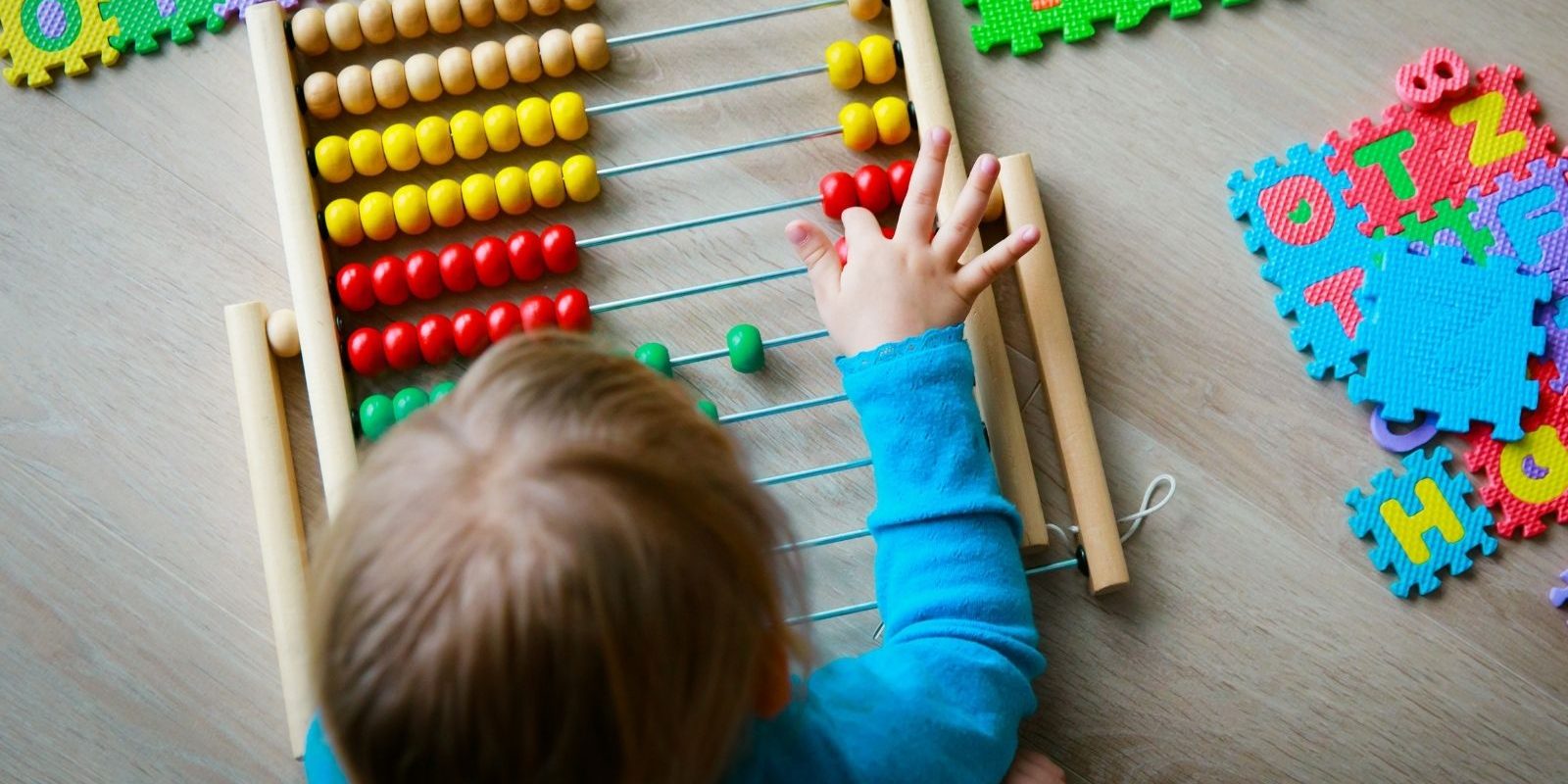Your Local Early Learning Centre Gives 5 Tips on How to Motivate Your Child to Learn!
Are you finding it hard to motivate your child to learn? Well, we have you covered. Your Local Early Learning Centre has done the hard work and the research for you, we have compiled 5 simple tips you can follow to motivate and encourage your child to learn.
1. Reconsider Rewards
A reward system while effective can also be detrimental to your child in the long-term. When a task or an activity becomes purely based on rewards for a job well done, no matter how enjoyable the activity is, once the rewards stop so might the activity. Instead, try and encourage your child to follow what makes them feel good. For example, when a child learns to ride a bike, the joy they get from accomplishing something new makes them eager to do it continuously and without request.
2. Focus on Learning Instead of Performance
Learning and results do not always go hand in hand. Some say the greatest amount of learning is when mistakes are made. Encouraging your child to simply “do their best” is extremely important and effective in reducing stress levels and encouraging learning.
3. Encourage Your Child to Set Small Goals
Teaching your child from a young age to set small achievable goals is not only effective for them now but also into adulthood. Children are in the early stages of learning, setting large goals can seem daunting. Small goals will appear more achievable and provide a greater sense of accomplishment.
4. Lead by Example
Children are sponges, everything they see and hear they absorb. Leading by example may seem confusing but simply, if you say you’re going to do something you should do it. For example, if you tell your child that you will help them with something in 10 minutes you should help them with something in 10 minutes, not 20. If you start a pattern of not following through with what you have previously said it shows your child that they can put tasks off, lowering their motivation over time.
5. Embrace Imperfections
It is important to understand that children are still children. What we mean by that is, the level of accuracy tasks will be completed at is going to be vastly different to an adult doing the same task. An example can be with household chores, if a child puts a towel away, focus on the fact that the towel has been put away, not the fact that it might be put away unevenly.
YOU MIGHT ALSO LIKE TO READ:
The Importance of Play to a Child’s Physical, Mental, and Social Development
We understand how important your child’s physical, mental, and social development is to you, it’s important to us as well. Your Local Early Learning Centre, explains how learning through play supports your child’s development in these key areas. – READ MORE






